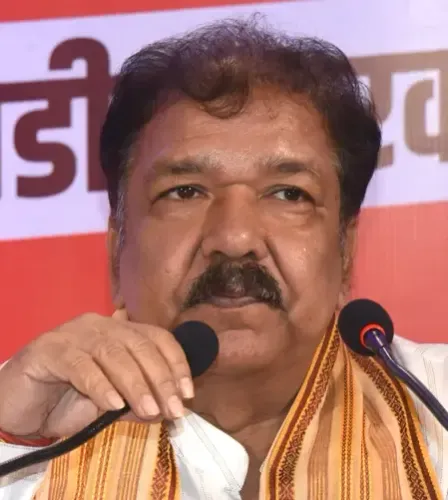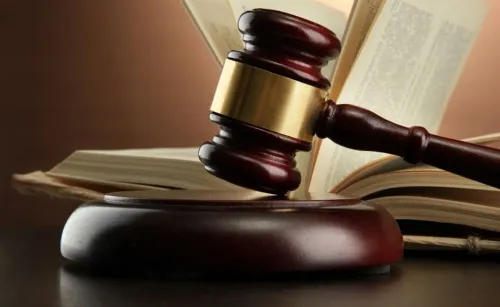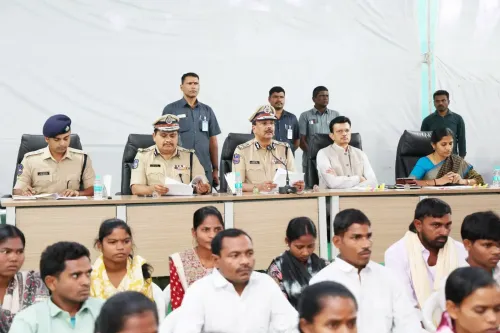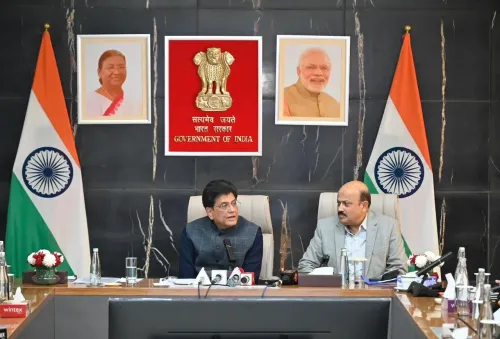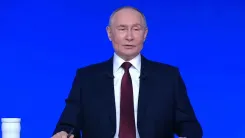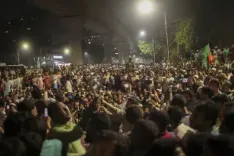Did the SC dismiss Justice Varma's plea against the in-house panel findings?
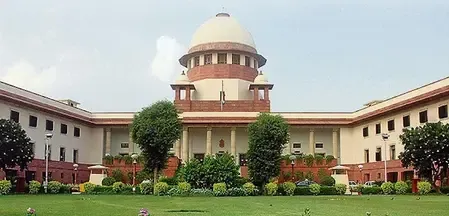
Synopsis
Key Takeaways
- Supreme Court dismissed Justice Varma's plea.
- In-house committee found serious misconduct allegations.
- Justice Varma's removal recommended under Article 124(4).
- Inquiry committee presented strong evidence of wrongdoing.
- Judicial integrity remains a pressing issue.
New Delhi, Aug 7 (NationPress) The Supreme Court has rejected a petition submitted by Justice Yashwant Varma, who is facing the threat of impeachment due to the cash-discovery incident. This plea challenged the conclusions of a three-member in-house inquiry committee that advocated for his removal under Article 124(4) of the Constitution.
Justice Varma, currently a judge at the Allahabad High Court, aimed to annul the communication sent by former Chief Justice of India (CJI) Sanjiv Khanna to the President and Prime Minister, which recommended action based on the findings of the inquiry committee.
A bench of Justices Dipankar Datta and A.G. Masih, who had reserved their decision last week, concluded that Justice Varma's application was not maintainable, as he had participated in the inquiry process and could not contest its findings.
Previously a judge at the Delhi High Court, Justice Varma became the focus of scrutiny following the discovery of burnt cash in an outhouse of his official residence on March 14, after the fire brigade was called to extinguish a fire.
This shocking cash discovery prompted Justice Varma's repatriation to the Allahabad High Court and the initiation of an in-house inquiry into the allegations.
The inquiry committee, appointed by the Apex Court, uncovered both direct and electronic evidence suggesting that the storeroom was under the covert or active control of Justice Varma and his family.
It determined, based on compelling inferential evidence, that the burnt cash had been removed from the storeroom during the early hours of March 15.
The three-member committee, which included Chief Justice Sheel Nagu of the Punjab and Haryana High Court, CJ G.S. Sandhawalia of the Himachal Pradesh High Court, and Justice Anu Sivaraman of the Karnataka High Court, found the allegations sufficient to warrant impeachment proceedings against Justice Varma. The committee concluded that Justice Varma's misconduct was serious and warranted his removal under Article 124(4) of the Constitution.
In his petition, Justice Varma asserted that the in-house panel acted in a pre-determined manner and did not afford him a fair chance to defend himself.


